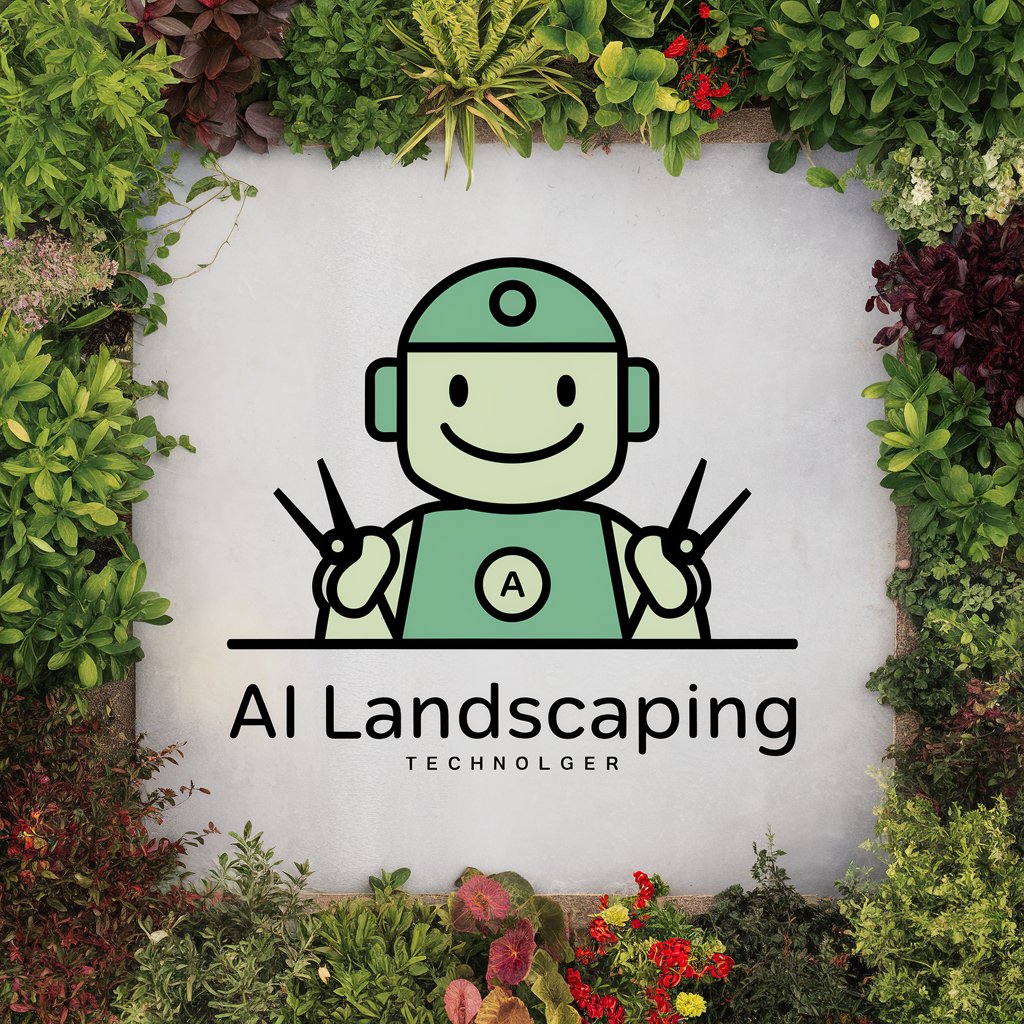System Design - Versatile System Tool

Hello! How can I assist you in mastering system design today?
AI-Powered System Design Simplified
Imagine a world where system design principles are effortlessly integrated into every aspect of software development...
In the realm of advanced AI and system design, Prof Systems_Design with Assistants API stands out for its unique approach to...
Picture a platform where the complexities of API integration and system architecture are simplified into clear, actionable insights...
Think of a hub of knowledge where AI-driven system design meets cutting-edge technology to create seamless solutions...
Get Embed Code
Introduction to System Design
System Design refers to the process of defining the architecture, modules, interfaces, and data for a system to satisfy specified requirements. It aims to ensure that the system will be scalable, reliable, maintainable, and deliver high performance. A classic example of system design in practice is the architecture of a social media platform like Facebook. The design has to account for handling billions of users, managing vast amounts of data, ensuring quick data retrieval, and providing real-time updates to user feeds without significant delays. The design purpose is multifaceted, focusing on creating efficient hardware and software architectures that can scale with user demand, improve performance, and incorporate security measures effectively. Powered by ChatGPT-4o。

Main Functions Offered by System Design
Scalability Design
Example
Designing a messaging application to support millions of simultaneous users.
Scenario
Implementing microservices architecture to ensure that components such as messaging, user authentication, and notification services can scale independently based on demand.
Database Design
Example
Creating a database schema for an e-commerce platform that can efficiently process transactions and manage inventory.
Scenario
Utilizing a combination of SQL for transactional data management and NoSQL databases for unstructured data, such as user reviews and product descriptions, to optimize performance and scalability.
Load Balancing
Example
Distributing incoming web traffic among multiple servers to enhance a website's responsiveness.
Scenario
Deploying a load balancer in front of a web server cluster for an online retailer's website to manage traffic spikes during sales events, ensuring smooth user experiences.
Fault Tolerance and Redundancy
Example
Ensuring a cloud storage service remains operational even if one data center fails.
Scenario
Implementing data replication across multiple geographically dispersed data centers and using health checks to reroute traffic in case of a failure, minimizing downtime.
Security Measures
Example
Protecting user data in a mobile banking application.
Scenario
Applying encryption for data at rest and in transit, employing multi-factor authentication, and conducting regular security audits to safeguard user information.
Ideal Users of System Design Services
Tech Entrepreneurs
Startup founders and product managers looking to build scalable, efficient, and robust digital platforms. System design services can help them architect their products to handle growth, security, and provide a seamless user experience.
Software Engineers
Developers and system architects who need to create or optimize the backend systems, databases, and infrastructure for high-load applications. They benefit from system design to ensure best practices in scalability, performance, and maintainability.
IT Managers
Technology leaders responsible for the uptime, performance, and security of corporate systems. System design services can assist them in overseeing the creation or enhancement of IT infrastructures that support business objectives effectively.
Educational Institutions
Universities and online education platforms offering courses in computer science, software engineering, and IT management. System design forms a critical part of the curriculum, preparing students for real-world challenges.

Guidelines for Using System Design
Start Your Journey
Visit yeschat.ai for a free trial without login, offering immediate access to explore the capabilities of System Design, even without the need for ChatGPT Plus.
Identify Your Needs
Determine the specific requirements of your project or query. Whether it's for academic, professional, or personal use, having a clear objective helps in utilizing System Design effectively.
Explore Features
Familiarize yourself with the various functionalities such as text generation, image generation, advanced data analysis, and more to leverage the tool's full potential.
Engage with the Tool
Interact with System Design by inputting your queries or tasks. Utilize the provided tools and assistants to refine and achieve your desired outcomes.
Iterate and Improve
Use the feedback and results from System Design to refine your queries. Experiment with different approaches and parameters to enhance the quality of your results.
Try other advanced and practical GPTs
Roast My Business Plan - ProjectionHub
Turning plans into potential with AI critique

Brand Genius GPT
Craft Your Brand Identity with AI

The Visual Designer
Empowering creativity with AI-driven design.

Translator to French
Seamless French translations powered by AI

Your Personal Psychologist by Black Ring Business
Empowering your journey to mental wellness with AI.

AndroidGPT
AI-powered Android Development Assistant

AI Landscaping
Empower Your Garden with AI

Business Cognition Guide
Empowering Your Business with AI-Driven Insights

AI Business Advisor
Empowering Businesses with AI-Driven Insights

VeBjørnGPT
Empowering Physics Learning with AI

Interior Design Buddy
AI-Powered, Tailored Interior Design Guidance

Theses Creative Arts & Design UK
Empowering research with AI-driven insights in UK's Creative Arts & Design theses.

System Design Q&A
What types of problems can System Design help solve?
System Design can assist in a wide range of areas including technical system architecture, data analysis, image generation, and providing insights on complex system-related queries.
Is System Design suitable for beginners in system architecture?
Absolutely. System Design offers intuitive tools and comprehensive explanations, making it accessible for beginners while still providing advanced functionalities for experienced users.
How does System Design integrate with other software or tools?
System Design can be used alongside various software and tools, offering capabilities like data import/export, image generation, and compatibility with common data formats for seamless integration.
Can System Design be customized for specific project needs?
Yes, System Design offers a degree of customization. Users can specify their requirements, and the tool can adapt its responses and functionalities to suit specific project needs.
Is real-time collaboration possible in System Design?
While System Design itself doesn't facilitate real-time collaboration, its outputs can be easily shared and discussed among team members, aiding collaborative efforts.
